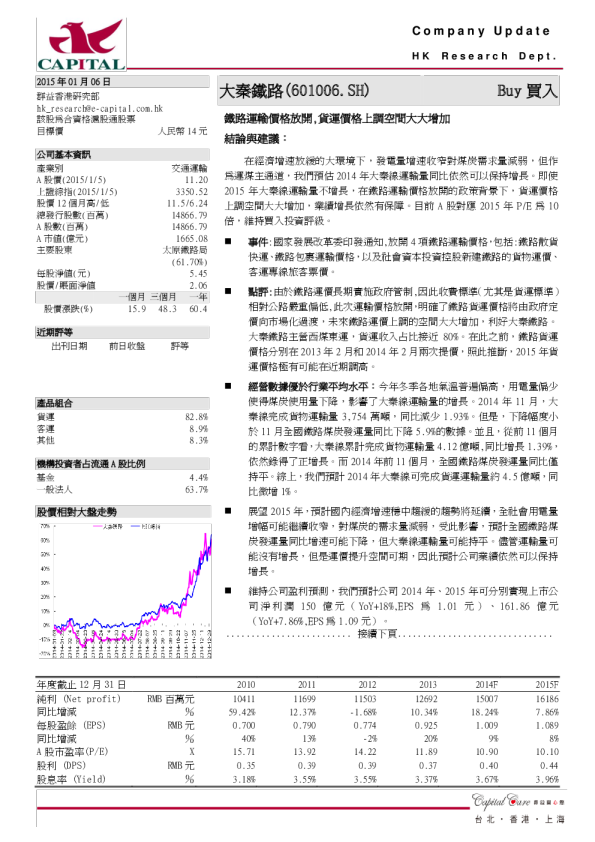釋放電信營運中的AI價值
 AI智能总结
AI智能总结Ericsson's report focuses on the business potential of Artificial Intelligence (AI) in telecommunications operations, highlighting its transformative capabilities across various aspects of the industry.
Key Findings:
-
AI's Role in Telecom Operations: The report underscores the significant role AI plays in enhancing operational efficiency and effectiveness in telecom services. It emphasizes the potential to unleash the value of AI by optimizing processes and improving service quality.
-
AI Adoption and Potential Impact: AI adoption is seen as crucial for driving growth and innovation in the telecom sector. The report provides insights into the potential impact of AI on key metrics such as operational expenditure (OPEX), IT expenses, and network performance indicators like Quality of Service (QoS).
-
Telecom Market Trends: The market trends covered include the transition from 4G to 5G and beyond, with a focus on the potential of 5G and future 6G technologies. The report discusses how AI can facilitate this transition by improving network efficiency and enabling new services.
-
AI Metrics and Benchmarks: The report delves into specific AI metrics such as Mean Time To Incident (MTTI), Mean Time To Repair (MTTR), and data drifts. It also examines how AI can improve network performance metrics and customer satisfaction through enhanced service delivery and proactive maintenance.
-
AI in Network Management: The inclusion of AI in network functions virtualization (NFVi) and network slicing demonstrates how AI can optimize network resources and enable more dynamic and efficient network management.
-
AI in Business Processes: The report highlights AI's role in business processes, including IT service management, operational cost reduction, and improving service quality. It also touches upon AI's application in customer experience enhancement through personalized services and improved service availability.
-
Case Studies and Industry Insights: The document includes case studies from telecom companies like FET, showcasing AI-driven improvements in areas such as network performance, customer satisfaction, and operational efficiency.
In conclusion, Ericsson's report provides a comprehensive view of how AI can revolutionize the telecommunications industry, offering significant opportunities for cost reduction, service enhancement, and innovation. The integration of AI into various aspects of telecom operations is expected to drive the sector towards more efficient, scalable, and customer-centric solutions.





